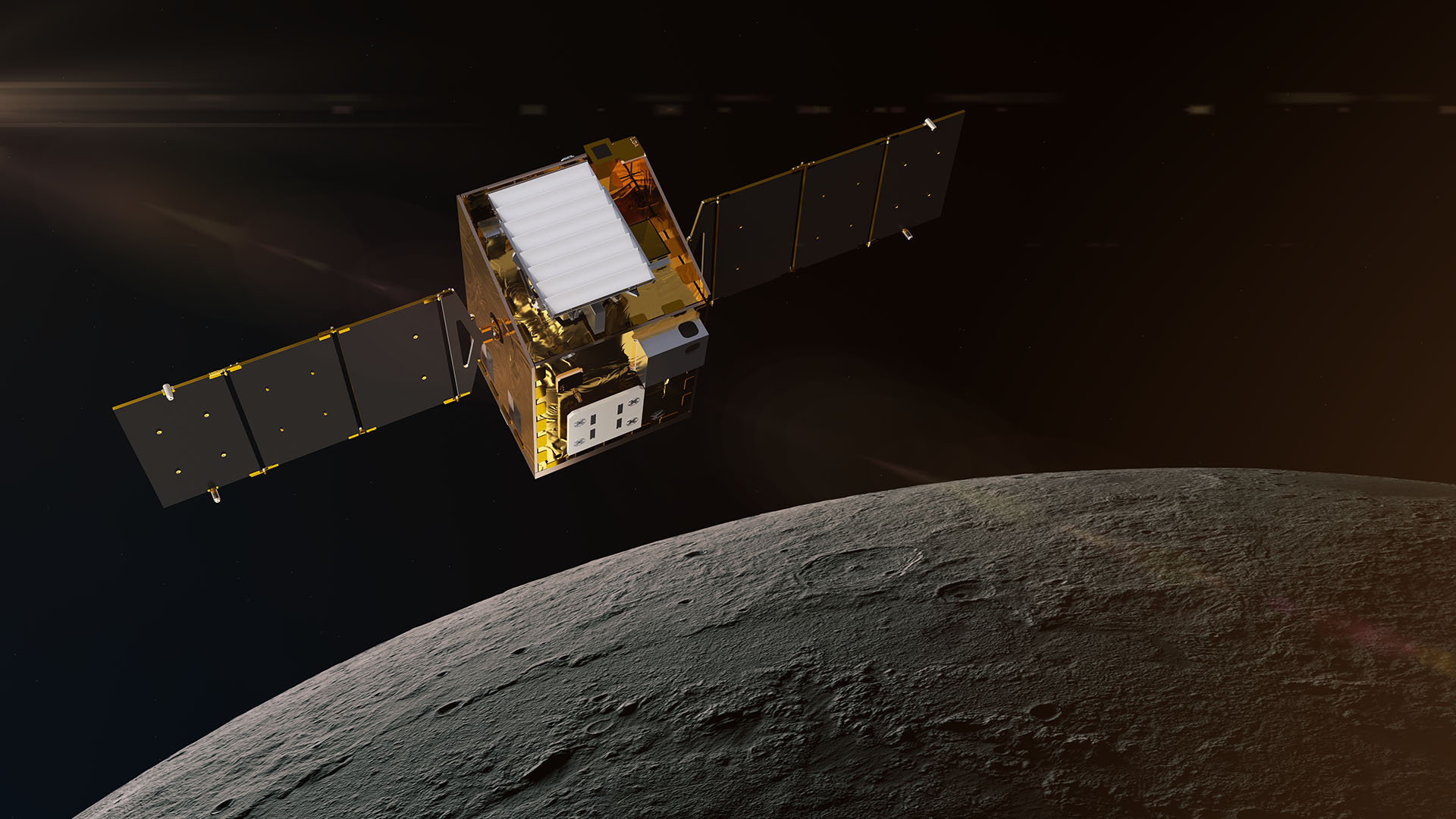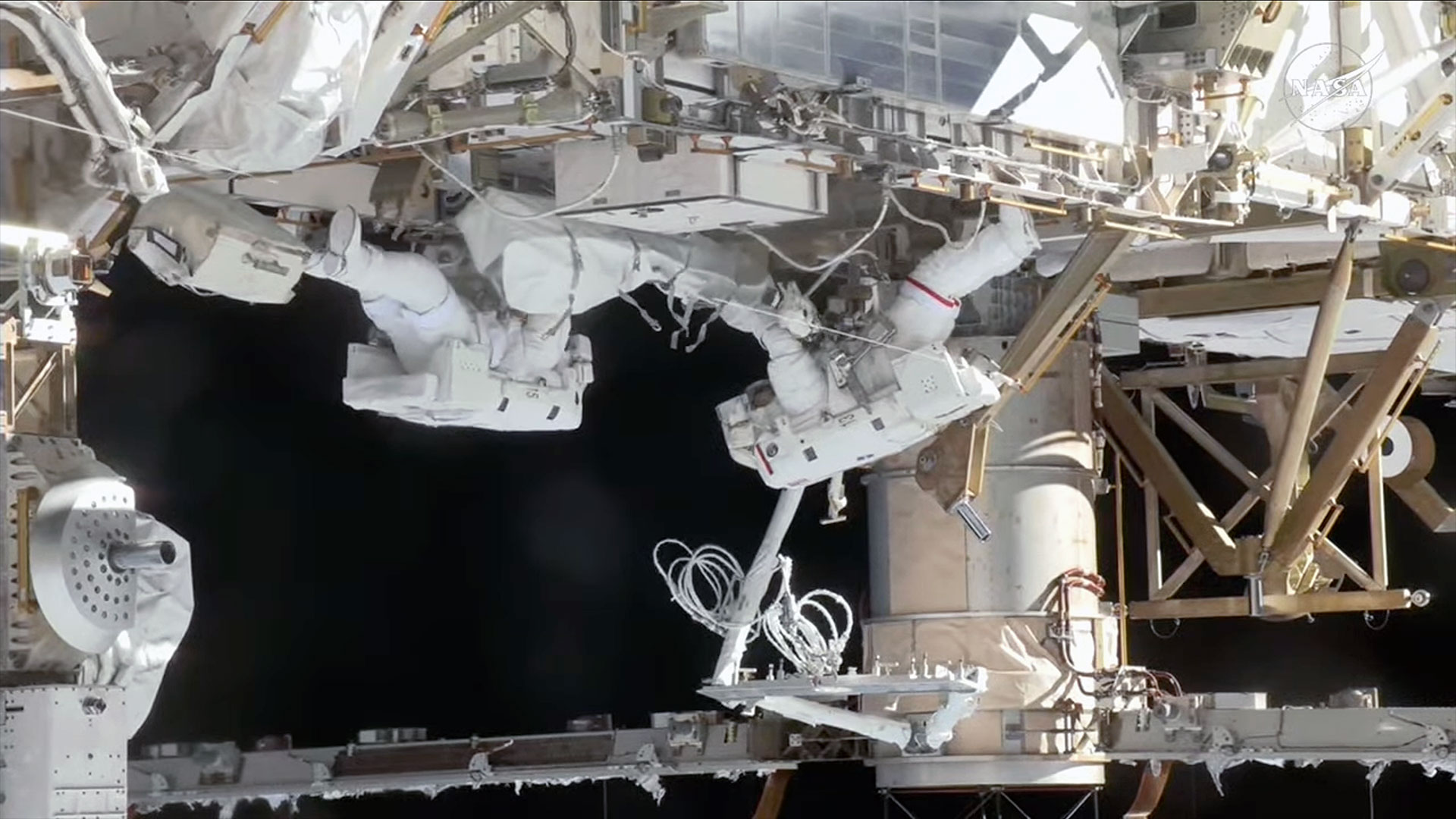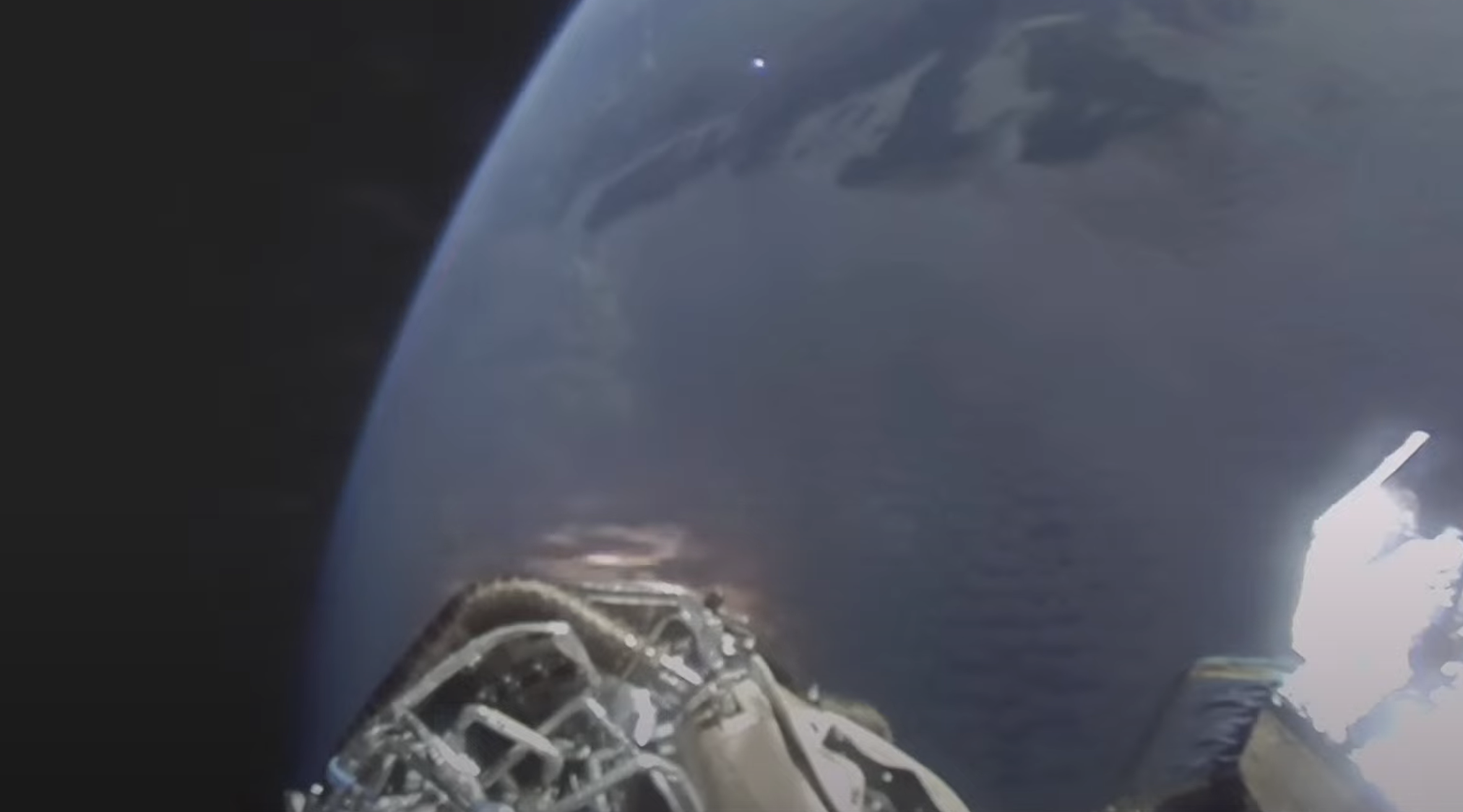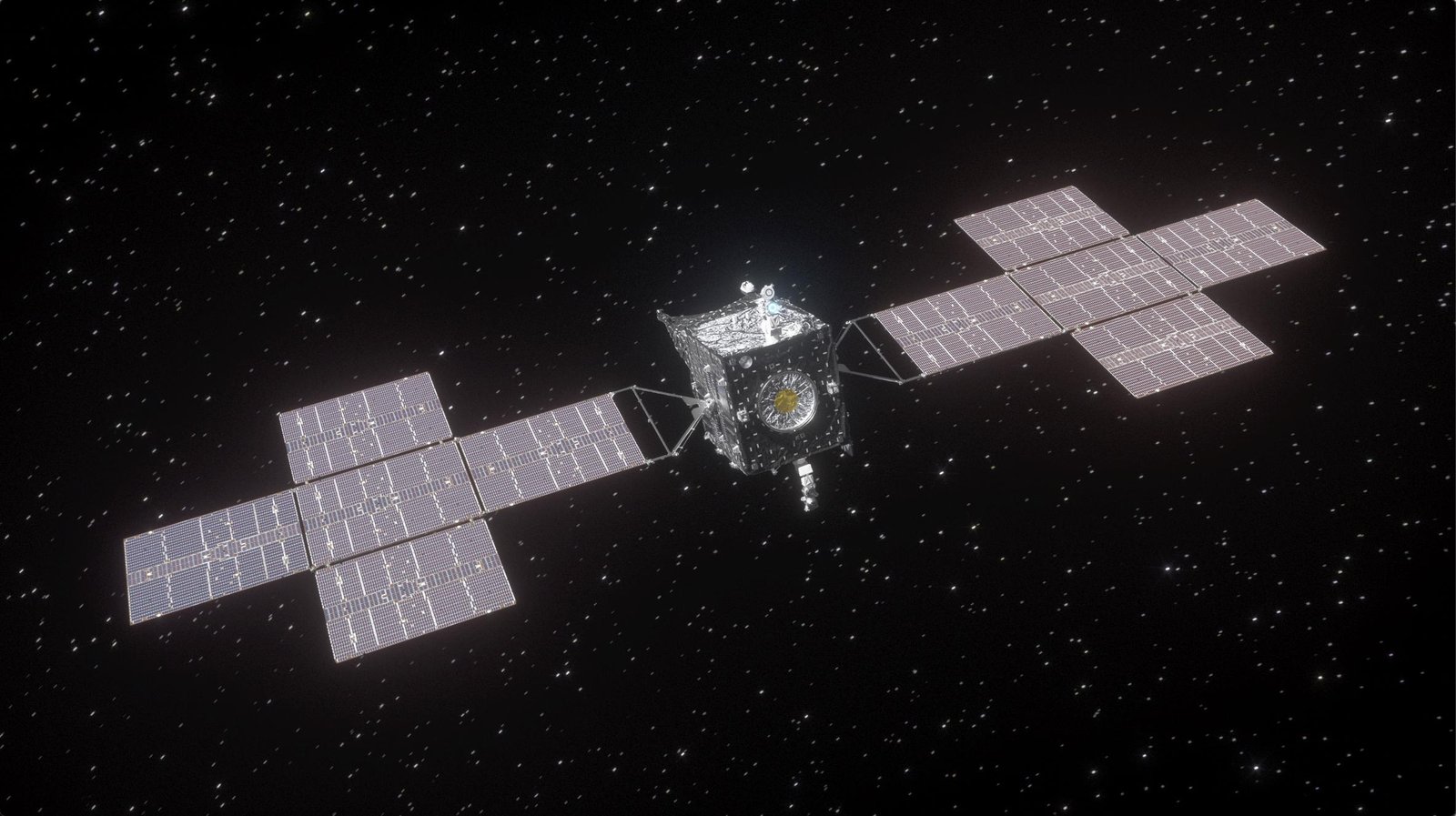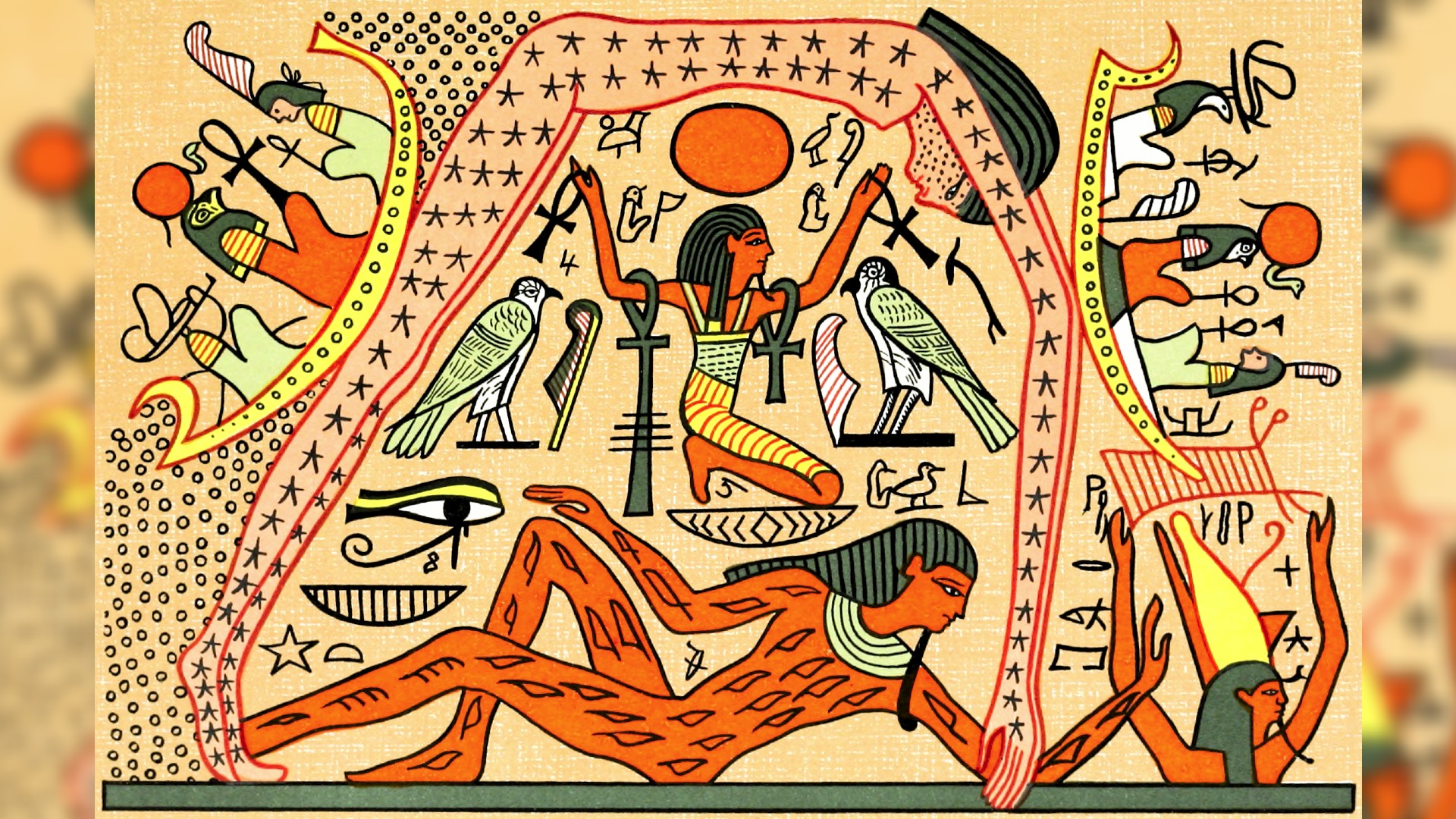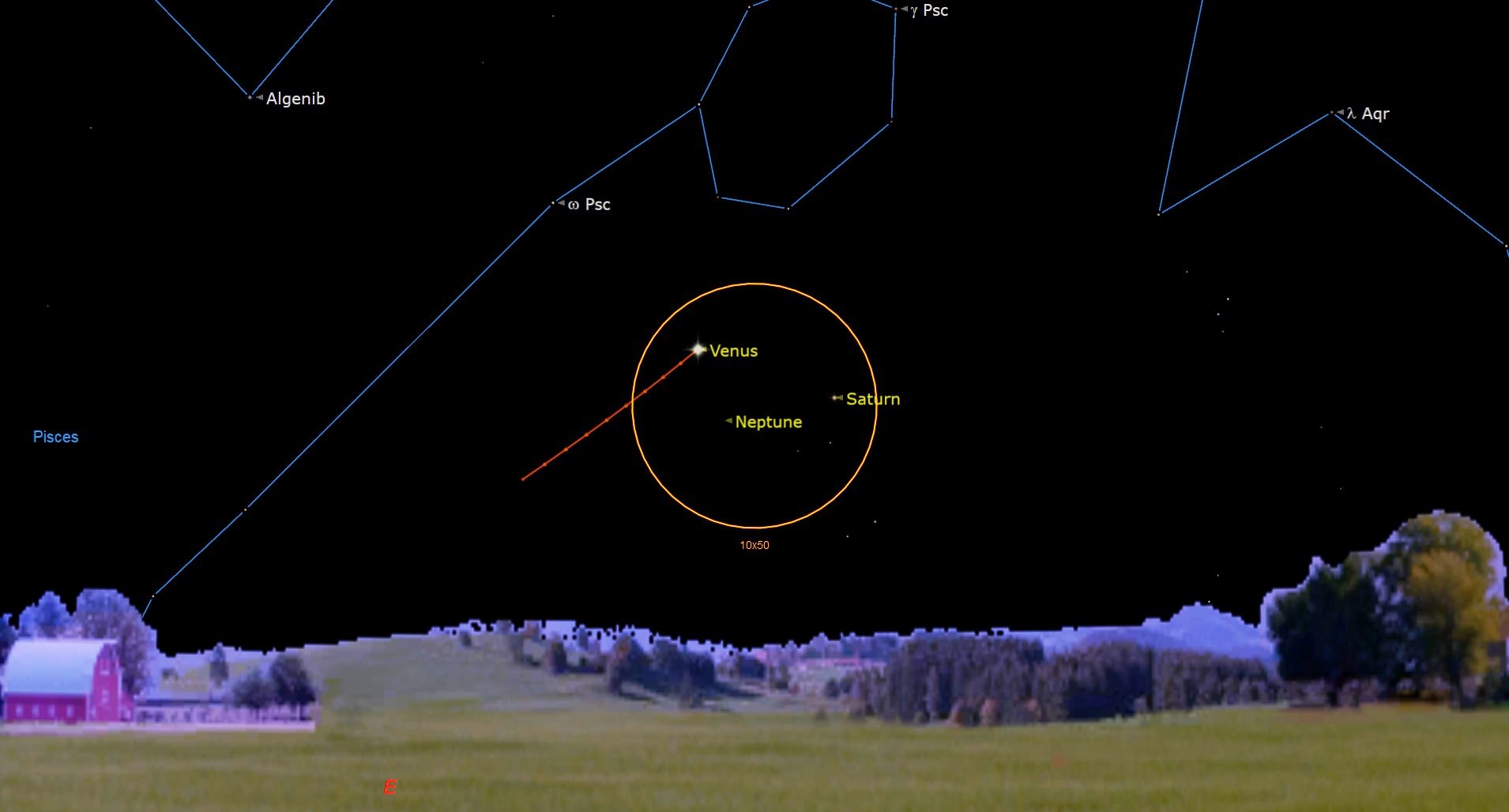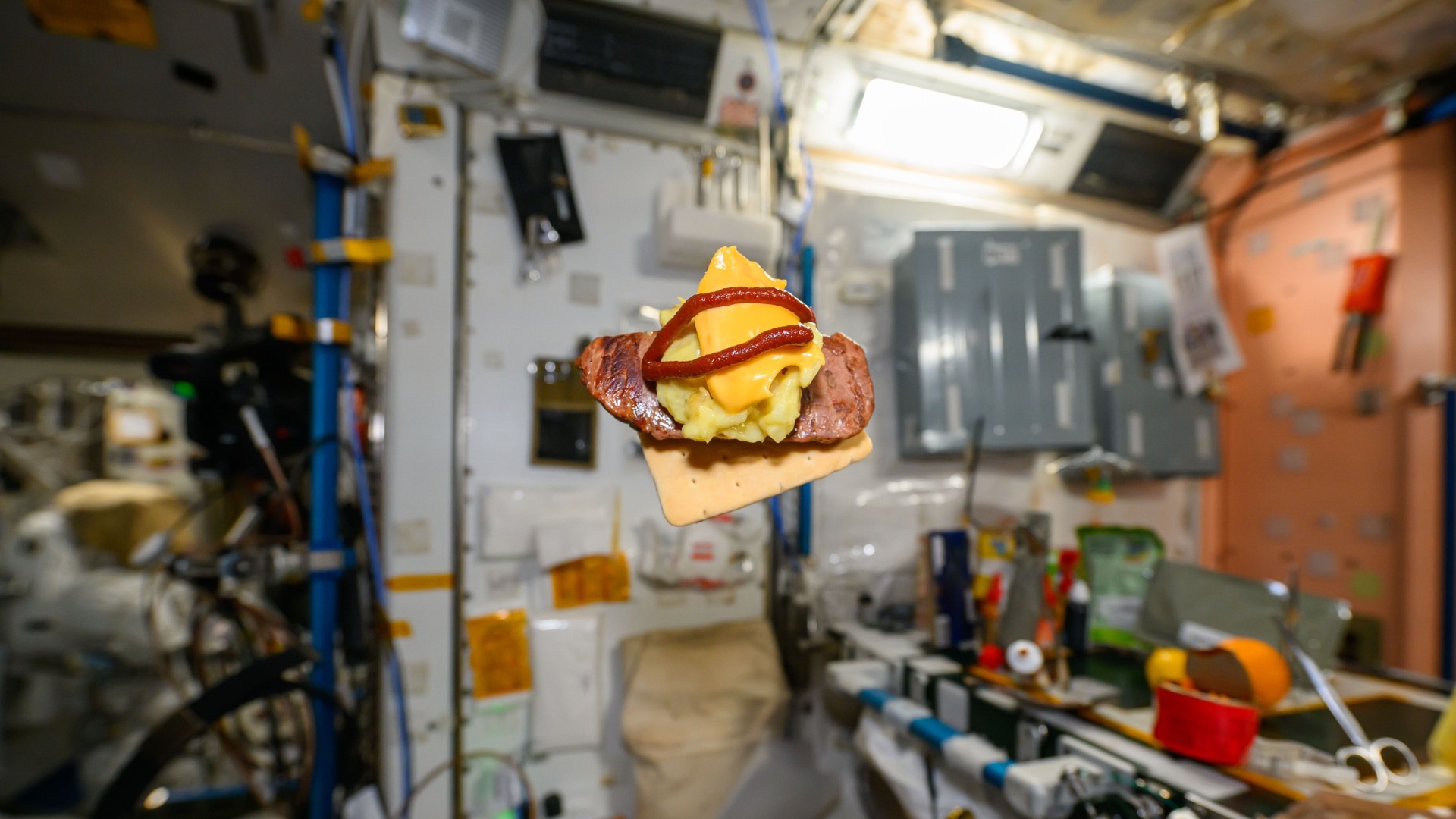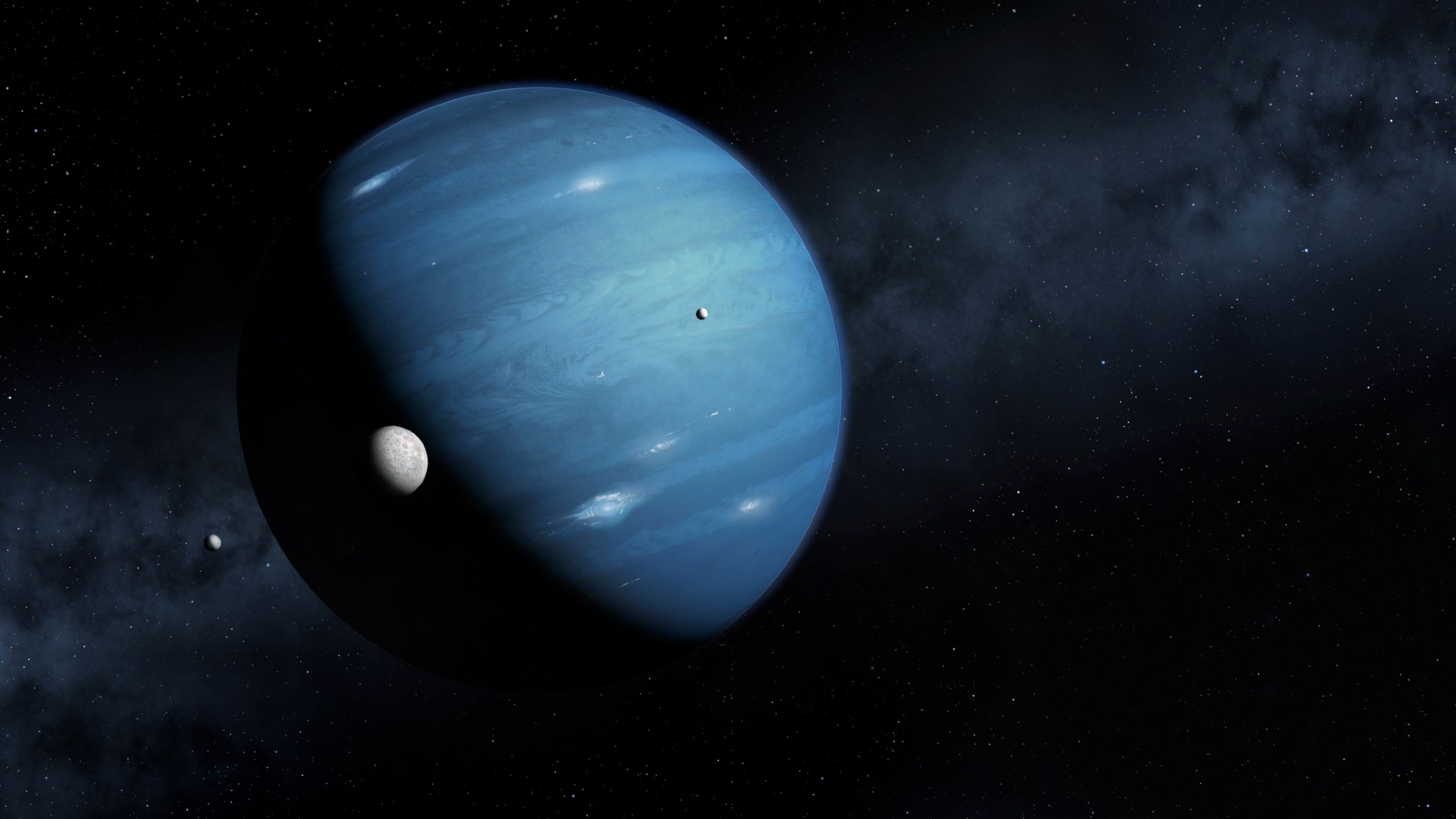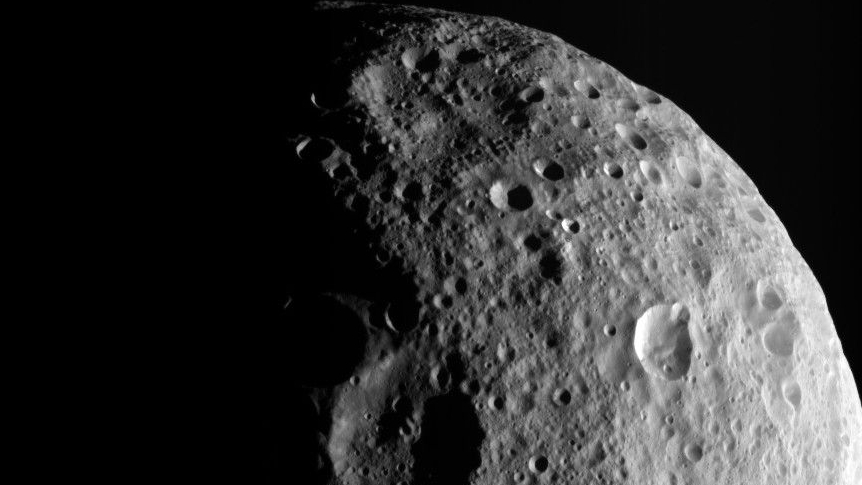NASA Postpones Asteroid Probe's Launch to July 15
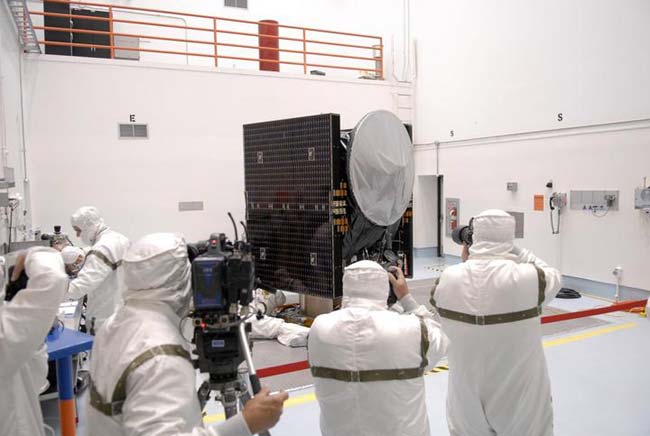
The launchof NASA?s Dawn spacecraft has met a new delay, with liftoff set for noearlier than July 15, the space agency said late Friday.
NASAspokesperson George Diller said that Dawn mission managers opted to delay Dawn?slaunch towards the asteroidsVesta and Ceres nearly a week from its planned Monday launch. Bad weatherand mechanical glitches with a tracking aircraft prevented Friday andSunday launch attempts.
By July 15,a tracking ship should be in place to observe Dawn?s launch atop a Delta 2rocket, Kurt Lindstrom, NASA?s Dawn program executive, told SPACE.comFriday. The ship, he added, is already en route towards its position on theAtlantic Ocean.
NASA?s Dawnspacecraft is the agency?s first to orbittwo planetary bodies and will study a pair of very different asteroids. The$449 mission is an eight-year trek that will send Dawn first to bright, denseVesta in October 2011 and then on to the dimmer, spherical Ceres in February2015. The two space rocks are the largest in the solar system, with Ceres -which is also considereda dwarf planet - containing up to half of the total mass of material in theAsteroid Belt running between the orbits of Mars and Jupiter, mission managerssaid.
Researchershope that studying the two asteroids and comparing their differences will shednew light on the origins of the solar system and its planets.
NASA hasuntil July 19 to launch Dawn before standing down to allow preparations for theplanned Aug. 3 liftoff of the agency?s MarsPhoenix lander. Should the mission miss its July window, NASA couldreattempt the space shot between September and October for an added cost of $25million for new rocket components.
But by lateOctober, Vesta and Ceres will be moving away from one another, making arendezvous with both asteroids difficult for Dawn for any later launch attempts,Chris Russell, Dawn?s principal investigator, said Friday. They won?t near eachother again for about 15 years, he added.
Get the Space.com Newsletter
Breaking space news, the latest updates on rocket launches, skywatching events and more!
- ? VIDEO:The Asteroid Paradox
- ? GALLERY:Asteroids
- ? HowNASA's Dawn Spacecraft Will Explore Solar System's Origin
Join our Space Forums to keep talking space on the latest missions, night sky and more! And if you have a news tip, correction or comment, let us know at: community@space.com.

Tariq is the Editor-in-Chief of Space.com and joined the team in 2001, first as an intern and staff writer, and later as an editor. He covers human spaceflight, exploration and space science, as well as skywatching and entertainment. He became Space.com's Managing Editor in 2009 and Editor-in-Chief in 2019. Before joining Space.com, Tariq was a staff reporter for The Los Angeles Times covering education and city beats in La Habra, Fullerton and Huntington Beach. In October 2022, Tariq received the Harry Kolcum Award for excellence in space reporting from the National Space Club Florida Committee. He is also an Eagle Scout (yes, he has the Space Exploration merit badge) and went to Space Camp four times as a kid and a fifth time as an adult. He has journalism degrees from the University of Southern California and New York University. You can find Tariq at Space.com and as the co-host to the This Week In Space podcast with space historian Rod Pyle on the TWiT network. To see his latest project, you can follow Tariq on Twitter @tariqjmalik.
